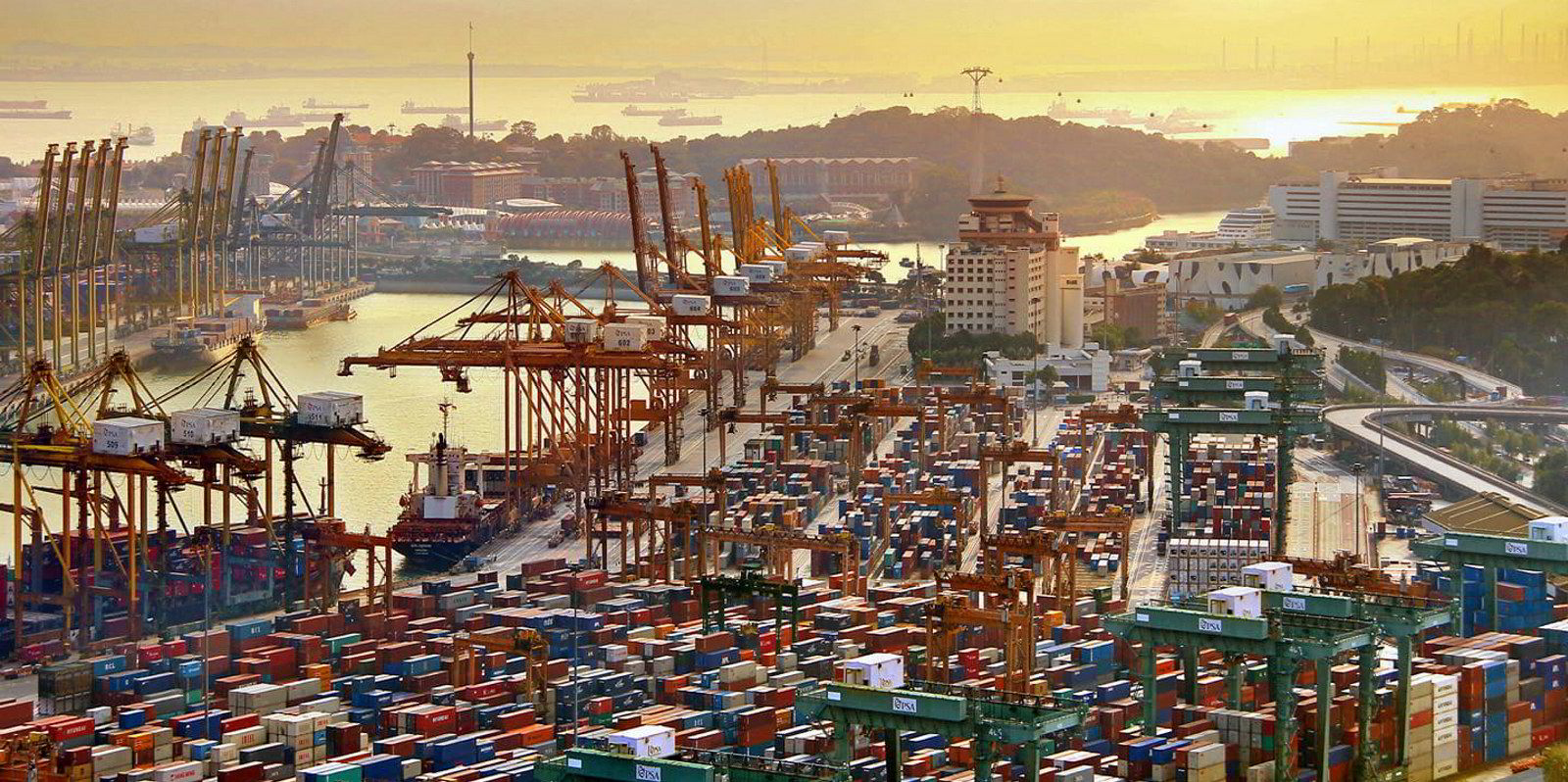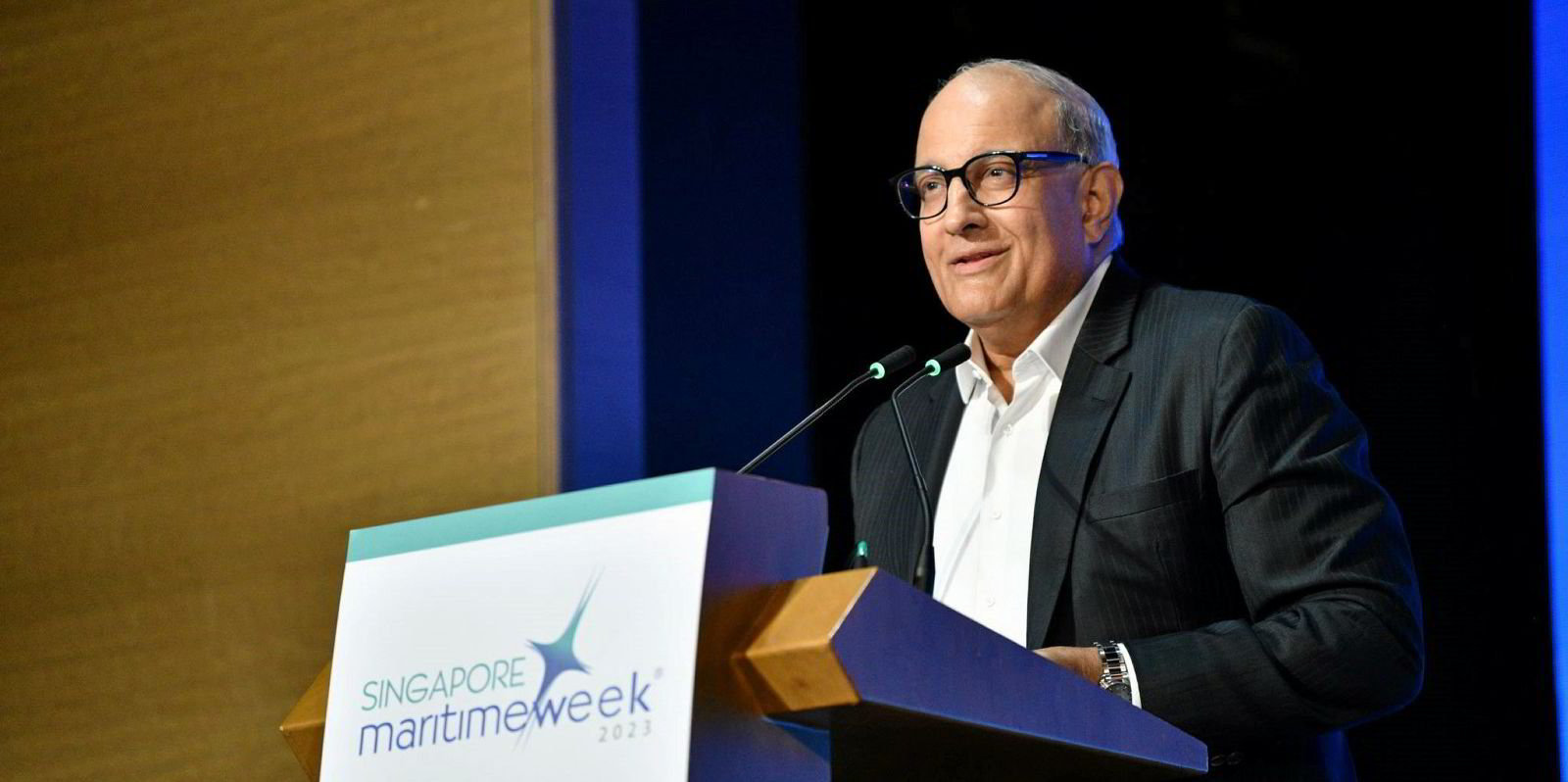Singapore authorities have looked to playdown the potential timeline for the first ammonia bunkering trials in the city state.
Last week Singapore-based Global Centre for Maritime Decarbonisation (GCMD) said it was “aiming for the first transfer of ammonia to take place by end 2023”.
The professor Lynn Loo-led organisation also claimed that the risks identified for conducting pilots in the Port of Singapore were found to be “low or mitigable, thus paving the way for a pilot project to take place at three identified sites”.
But the Maritime and Port Authority (MPA) said these views “do not represent the assessment of MPA and other government agencies” and described the timeline as “not realistic”.
“Pilots and trials involving the bunkering of new low and zero-emission fuels require comprehensive preparations, including the development of new safety procedures and draft bunkering standards thorough end-to-end operational and other risk assessments, safety audits of bunkering and receiving vessels,” the MPA said.
An overview of the risks involved in handling ammonia as a bunker fuel given during the recent Singapore Maritime Week highlighted that more dispersion and release studies are needed to better understand the impact of a release under various environmental conditions and scenarios, and that available mitigation and response measures will require further work, the MPA said.
The maritime regulator teamed up with the Energy Market Authority (EMA) late last year to launch an expression of interest (EOI) to build, own and operate low or zero-carbon hydrogen and ammonia bunkering solutions in Singapore.
The closing date for submissions is 30 April 2023, after which the MPA and EMA said they will “thoroughly review the proposals received”.
“The EOI will enable Singapore to assess the viability of such projects, and support the development of safety standards, regulations and the ecosystem needed to support ammonia bunkering,” the MPA said.
The MPA said that while it “welcomes studies, pilots and collaborations that contribute to the maritime sector’s decarbonisation efforts”, it added that these efforts must be accompanied by “thorough validation of the studies, calibration of models to assess the impact of incidents…and rigorous procedures to ensure the safety of the port, port community and ship crew”.
MPA said it is “committed to decarbonising the maritime sector and international shipping and looks forward to working with partners to advance this effort in a safe, secure and sustainable manner”.
“We remain open to the use of different alternative fuels which can reduce the maritime industry’s carbon emissions,” it added.





